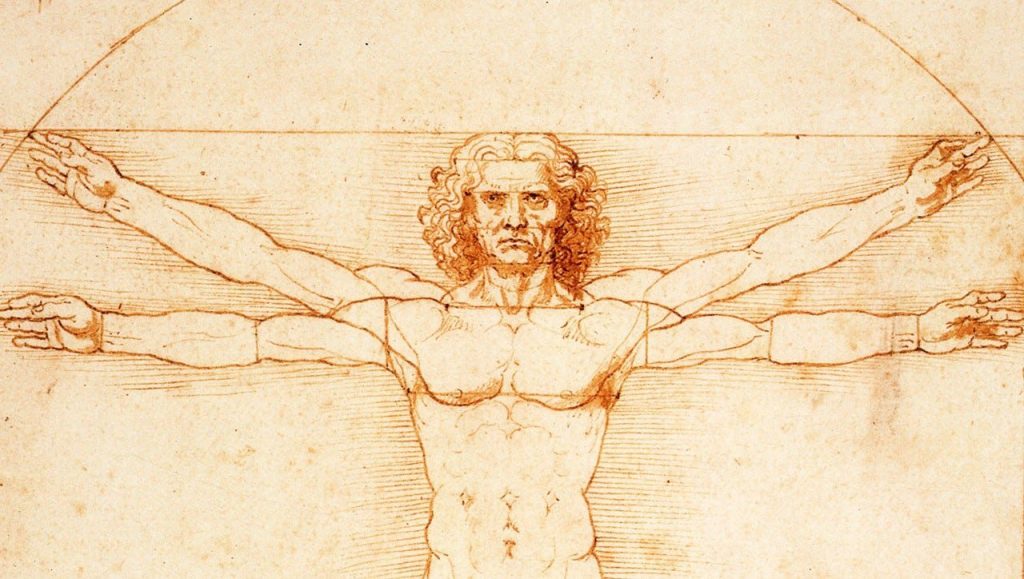Have you ever paused to consider how philosophies shape our world, influencing everything from ethics to social justice? At the heart of such reflections, Humanism stands out as a guiding light, advocating for reason and compassion without the trappings of religious dogma. World Humanist Day, celebrated on June 21, is not just another date on the calendar; it's a vibrant testament to the enduring power of human values in fostering a more equitable society. This special day, chosen for its alignment with the Northern Hemisphere's longest day, symbolizes the triumph of light over darkness—a fitting metaphor for the enlightenment humanism seeks to bring into our lives. From its inception by the International Humanist and Ethical Union in 2011, this day has grown into a global celebration of rational thought and human-centric ethics. Whether through engaging debates, cultural festivities, or community service, humanists worldwide seize this opportunity to showcase the positive impact of their ideals. Join us in unraveling the significance of World Humanist Day—a day dedicated to celebrating our shared humanity and the relentless pursuit of knowledge and justice.
Key Takeaway
Timeline
Day Activities
-
Morning Reflections: Kick off World Humanist Day with a moment of reflection. Gather with friends or go solo, pondering the vast achievements of human intellect and compassion. It's a time to appreciate our collective journey towards enlightenment and social justice. Maybe jot down some thoughts or share inspirations on social media to spread the vibe.
-
Afternoon Engagements: Dive into the heart of the day with community service or a public debate. Humanists around the globe roll up their sleeves, showing that actions speak louder than words. Whether it's cleaning up a local park or discussing ethical dilemmas of our time, it's all about putting those humanist principles to work.
-
Evening Celebrations: As the day winds down, why not host a cultural soirée or attend one? Music, poetry, and stories that celebrate human achievements and the beauty of rational thought can cap off the day. It's a chance to revel in the arts, reminding us of the creativity and passion that drive human progress.
Interesting Facts
1. Origin in 2011
The idea for World Humanist Day was first proposed by the IHEU in 2011.
2. Not a Religion
Humanism is a non-theistic philosophy, not a religion.
3. Significance of June 21
June 21, the longest day in the Northern Hemisphere, symbolizes light over darkness.
4. Celebration Methods
Groups celebrate with lectures, debates, and volunteering in communities.
5. Focus on Reason and Ethics
The day emphasizes human reason, ethics, and social justice.
Why We Love This Day
- Celebration of Human Reason and Ethics
Who doesn't love a day that's all about celebrating the best of what makes us human? World Humanist Day shines a spotlight on human reason, ethics, and social justice, reminding us all that we've got the power to make the world a better place. It's like a pat on the back to humanity, saying, "Hey, you're doing great, keep it up!" This day encourages us to think, question, and strive for a society where everyone gets a fair shake.
- Promotion of Social Justice and Community Service
Let's face it, we all want to feel like we're part of something bigger than ourselves, and World Humanist Day gives us just that opportunity. It's not just about talking the talk; it's about walking the walk. Humanists around the globe roll up their sleeves and dive into community service, showing that kindness and action go hand in hand. It's a day that proves doing good for others isn't just nice, it's necessary. Plus, it's a great excuse to get out there and make a difference, no capes required!
- Symbolism of Light Overcoming Darkness
Choosing June 21, the longest day of the year, as World Humanist Day? Genius! This isn't just about getting extra sunshine; it's a powerful symbol of light and knowledge triumphing over darkness and ignorance. Imagine the longest day lighting up our minds, pushing us to learn more, understand better, and fear less. It's like nature itself is giving us a nudge, saying, "Brighten up, buddy, there's a lot of good we can do." And honestly, who can resist the charm of such a beautifully chosen metaphor?
Past & Future Dates
| Month | Day | Year |
|---|---|---|
| JUNE | 21 | 2022 |
| JUNE | 21 | 2023 |
| JUNE | 21 | 2024 |
| JUNE | 21 | 2025 |
| JUNE | 21 | 2026 |
| JUNE | 21 | 2027 |
| JUNE | 21 | 2028 |
FAQ
Why is World Humanist Day celebrated?
World Humanist Day shines a spotlight on Humanism as a philosophical stance, dedicated to spreading awareness every June solstice, notably around June 21. It's all about celebrating Humanism and its power to foster positive change globally, according to the folks at Humanists International.
What does humanism celebrate?
Far from sticking to any one script, humanism throws a big tent over life's milestones—from births and unions (yep, same-sex partnerships too) to remembering loved ones who've passed. Each humanist ceremony is a custom fit, weaving in the unique stories and values of the individuals at its heart, rather than tracing a predefined path.
What are the four main beliefs of humanists?
Humanists stand tall on four pillars: the significance and dignity of humans, the reliance on reason and self-determination, the trust in reason, skepticism, and science as keys to enlightenment, and the conviction that rational thought and compassion should steer humanity and its endeavors.
What are the three basic beliefs of humanism?
At its core, humanism is about three things: crafting a society that's more equitable, empathetic, and inclusive; enshrining reason and evidence as the cornerstones of truth; and evaluating our actions through the lens of their impact on all life forms sharing our planet.
